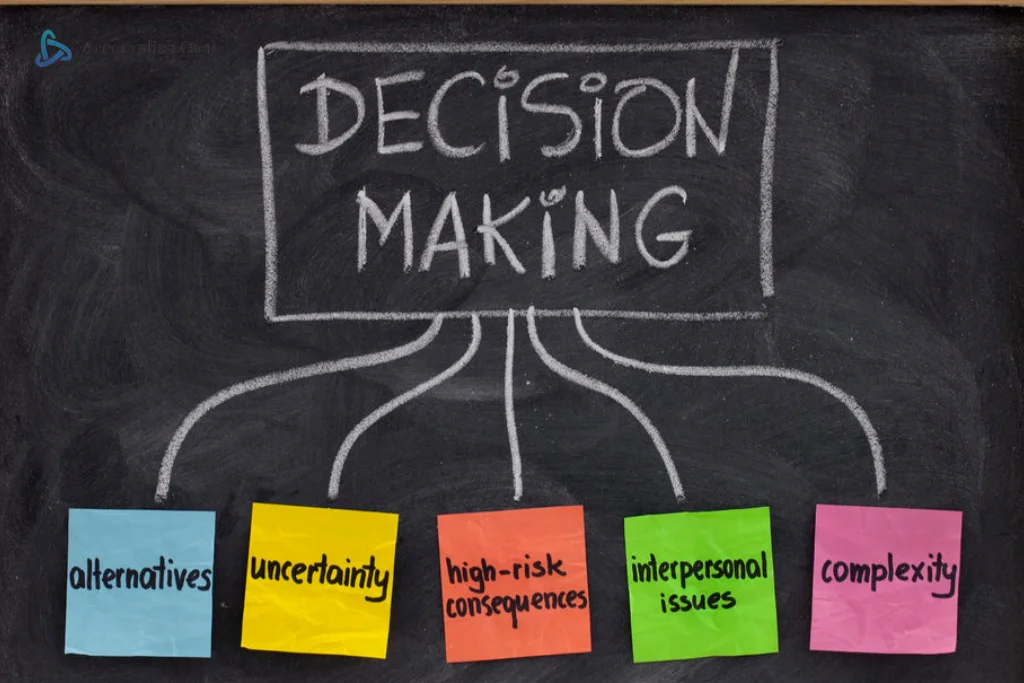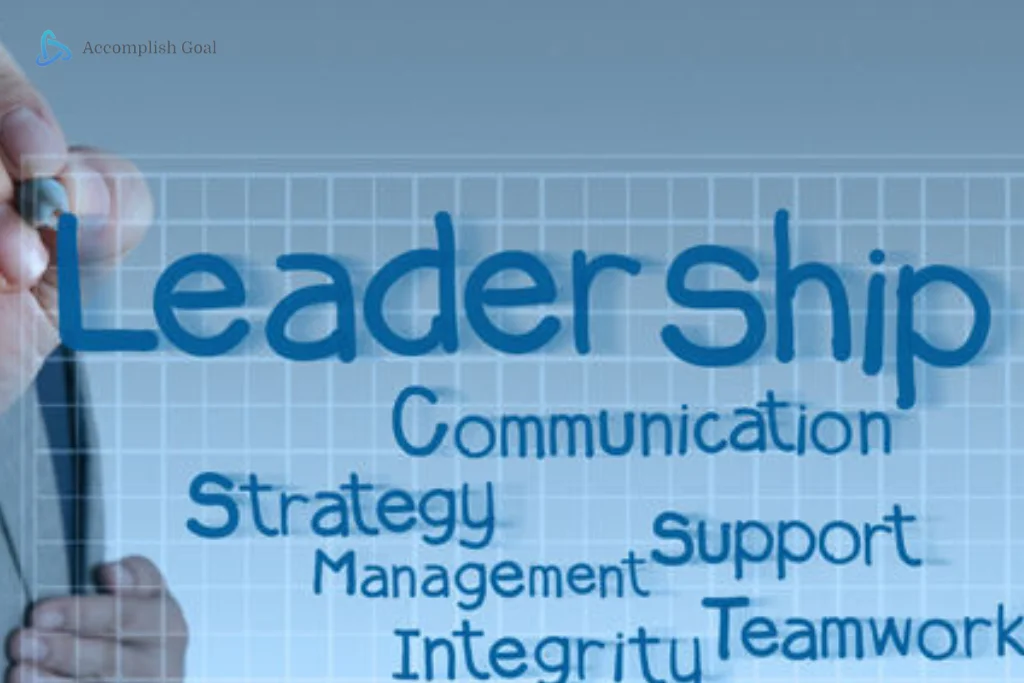Are you ready to make smarter decisions in life and take control of your future? Do you want to be more confident in the choices you make and have the courage to follow through with them? If so, then this blog post is for you! Here, we’ll explore some tips and techniques for making smart decisions that will help you lead a life of joy, fulfillment, and success.
Understand Your Decision Making Style
Understanding your decision making style is essential to making smart choices. Everyone possesses different strengths and weaknesses when it comes to decision making, so it’s important to be aware of your own personal preferences. Knowing what type of decision maker you are can help inform the strategies you use to make decisions. Are you a spontaneous decision maker, or do you prefer to plan and analyze your options? Are you a big risk taker, or do you prefer to make sure all angles have been covered before taking action? Understanding your decision making style can help you better understand the process of decision making and develop the necessary skills to make informed decisions.
Gather Information Before Making A Decision
Making decisions is an important part of life, and having the right information is essential for making informed decisions. Before you start your decision making process, it is important to ensure that you have done your research and gathered as much information as possible. Doing this will help you get a better understanding of the situation, identify potential risks and rewards, and make sure that you are making the best possible decision. Gathering relevant information can involve talking to people, researching online, reading reports, or anything else that can help you understand the situation better.
Identify Your Goals
Making the right decision requires a clear understanding of your goals. Before you can decide on a course of action, you need to identify what you are trying to accomplish. Start by asking yourself questions such as ‘What am I trying to achieve?’, ‘What is my desired outcome?’ and ‘What is my timeline for this decision?’. Once you have identified your goals, you can begin to evaluate potential solutions and determine which one is best for you. This will help you to make a decision that is in line with your goals and create an action plan for success.
Weigh The Pros and Cons
When you are making an important decision, it’s essential to carefully weigh the pros and cons of each option. Taking the time to consider both the advantages and disadvantages of your choices can help you make a more informed decision that reflects your values and will ultimately bring you the most satisfaction. It’s also important to remember that weighing the pros and cons doesn’t just mean listing out the good and bad – it means objectively considering how each of the pros and cons applies to you, your goals, and the situation at hand. Additionally, when weighing pros and cons, it’s often helpful to look at the long-term implications of each option. For example, if you are considering a career change, consider how the change could affect your future plans and goals. By taking the time to thoroughly weigh the pros and cons, you can make a decision that will benefit you both now and in the future.
Involve Others In Your Decision Making Process
Having a trusted group of individuals to consult with during the decision making process can be an invaluable asset. When you involve others in your decision making process, it helps you to gain perspective on the problem at hand and understand the potential impacts of your choices. This can be especially effective when you are facing a difficult or complex decision. When involving others, make sure to seek out people who possess the knowledge and experience that can help you to make the best decision possible. It is also important to remember to stay open-minded and consider the opinions of those around you. By involving others in your decision making process, you will be able to make more informed decisions with greater confidence.
Analyze Your Options
When you are faced with a decision, it is important to analyze your options thoroughly. Taking the time to analyze the situation will help you to make the best decision for yourself and your organization. Before you make the decision, consider the following factors:
Cost – What are the direct and indirect costs associated with each option?
- Risk – What is the risk involved with each option?
- Time – How long will it take to implement each option?
- Impact – What will be the impact of each option on your organization’s goals?
Once you have identified the potential costs, risks, time, and impact associated with each option, you can make an informed decision. It is important to remember that there is no single right answer- each decision will have consequences, and it is up to you to determine which option is best for you and your organization.
Evaluate Potential Outcomes
Once you have narrowed down your decision making options, it’s important to evaluate the potential outcomes of each option. Consider the risks and rewards associated with each option to determine if it is the right choice for your situation. What are the long-term consequences of each decision? Are there any potential unforeseen problems that could arise? Once you have thought through the potential outcomes of each option, you can make an informed decision that is right for you.
Maintain Flexibility
Maintaining flexibility is an important part of the decision making process. When evaluating potential outcomes, it’s important to consider the possibility of alternative solutions. By considering different scenarios and alternative solutions, you can make sure that you have considered all of the possibilities before making your final decision. Being flexible in your decision making also allows you to adjust in case of unexpected changes or new information. This means that you are prepared to adjust your decision if needed and can more easily adjust to new developments.
Make A Final Decision
After you have evaluated all the potential outcomes, weighed the pros and cons, and analyzed your options, it’s time to make a final decision. This can be the most difficult part of the decision making process. However, by relying on the insights you’ve gathered and the tools you’ve used throughout the process, you can make a confident and informed decision. It is important to remain flexible and to remember that you can always change your decision if needed. Making decisions can be intimidating, but it doesn’t have to be. With the right techniques and strategies, you can make decisions with confidence and move forward with greater clarity and direction.
Learn From Your Decisions
Making decisions is a process that requires careful thought and consideration. However, it is important to remember that knowledge and experience are gained through trial and error. When you make a decision, take the time to reflect on the outcome and identify what worked and what didn’t. This will help you to improve your decision making process and become more confident in the future. Consider keeping a journal, which will allow you to track your progress and highlight areas where you can improve. Additionally, talk to trusted advisors and mentors who can provide valuable insight and advice. By learning from your decisions, you can become a more effective decision maker and develop skills that will help you succeed in any situation.



